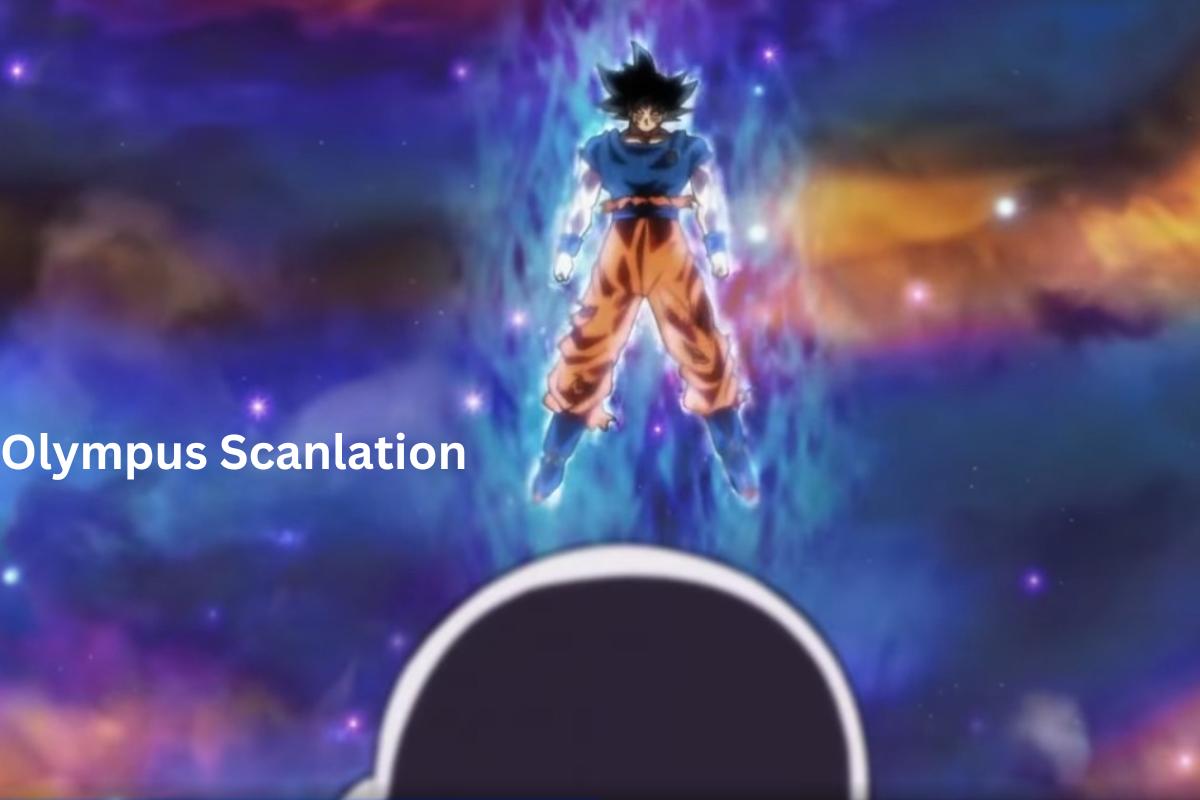Introduction
In the ever-evolving landscape of manga and digital storytelling, scanlation has emerged as a vital force in bringing content to global audiences. Scanlation, the art of translating and distributing manga, plays an essential role in democratizing access to these beloved stories. Among the many groups dedicated to this craft, Olympus Scanlation stands out for its commitment to quality and community engagement.
This article delves into the evolution of Olympus Scanlation, examining current trends and offering insights into its future directions.
A Brief History of Olympus Scanlation
Olympus Scanlation was a small group of manga enthusiasts founded in the early 2000s, excited about sharing their favorite series with others. Their goal was simply to translate popular titles into English that were not yet available in this language. However, they did not spare much because, besides such ‘friendly’ rivalry from competing Scanlation groups, the popularity of Olympus Scanlation grew steadily, making it one of the essential groups in the community.
Trends of Olympus Scanlation
Indeed, the digital landscape changed, and so did Olympus scanning. The shift towards digital platforms makes it relatively easier for the group to reach a wider audience, allowing readers to gain access to their translations online. On top of that, this trend led to quality over quantity. Olympus Scanlation now focuses on good-quality translations and fantastic artwork.
Fanbase interaction has emerged as a new feature of Olympus’s tactic. Through social media, the group creates a community in which manga readers can provide feedback, suggest titles, and spread their love for manga. Olympus also acquires a wide content scope: from conventional genres to abilities that bring diverse interests from its readers.
Challenges Confronting Olympus Scanlation
However, the road has not been smooth at all. Legal and ethical issues persist in haunting the scanlation world regarding copyright. Whether it is legally valid or not, the legitimacy of translation or any manuscript without permission from an authentic person is dubious, which raises pertinent questions about the sustainability of translation groups.
First of all, a volunteer-driven organization is not easy to maintain, especially with other scanlation groups now actively competing for readers’ attention. Olympus Scanlation has to continually adapt to meet the changing demands of such a competitive environment and maintain its relevance in the community.
Future of Olympus Scanlation
Yet at this point in the future, Olympus Scanlation is at the crossroads of whether or not to exploit the possibility of speeding up efficiency more profoundly with technologies such as artificial intelligence or machine learning or perceive changes in readers’ tastes toward mobile content consumption.
The collaboration with official publishers will open an auspicious path for Olympus Scanlation and would enable the group to work along with, rather than against, the industry. Also, it may increase credibility and let readers have access to more official content.
FAQs
1. What is Olympus Scanlation?
Olympus Scanlation is a fan-based group dedicated to translating and distributing manga, making it accessible to English-speaking audiences.
2. How did Olympus Scanlation start?
Founded in the early 2000s, Olympus Scanlation began as a small team of manga enthusiasts who aimed to provide quality translations for popular titles not yet available in English.
3. What trends are currently?
Key trends include a shift towards digital platforms, a focus on high-quality translations, increased community engagement, and a diverse range of genres.
4. What challenges does Olympus Scanlation face?
Olympus Scanlation grapples with legal and ethical issues regarding copyright, the sustainability of its volunteer-driven model, and competition from other Scanlation groups.
5. What does the future hold for Olympus Scanlation?
Future directions may include adopting new technologies like AI for translation, exploring partnerships with official publishers, and adapting to changing reader preferences
Conclusion
The evolution of Olympus Scanlation reflects the broader trends within the manga and digital storytelling landscape. As the group navigates the challenges and opportunities ahead, its commitment to quality and community engagement will be vital.
By embracing change and continuing to adapt to the evolving needs of readers, Olympus Scanlation can maintain its status as a beloved pillar of the Scanlation community.

